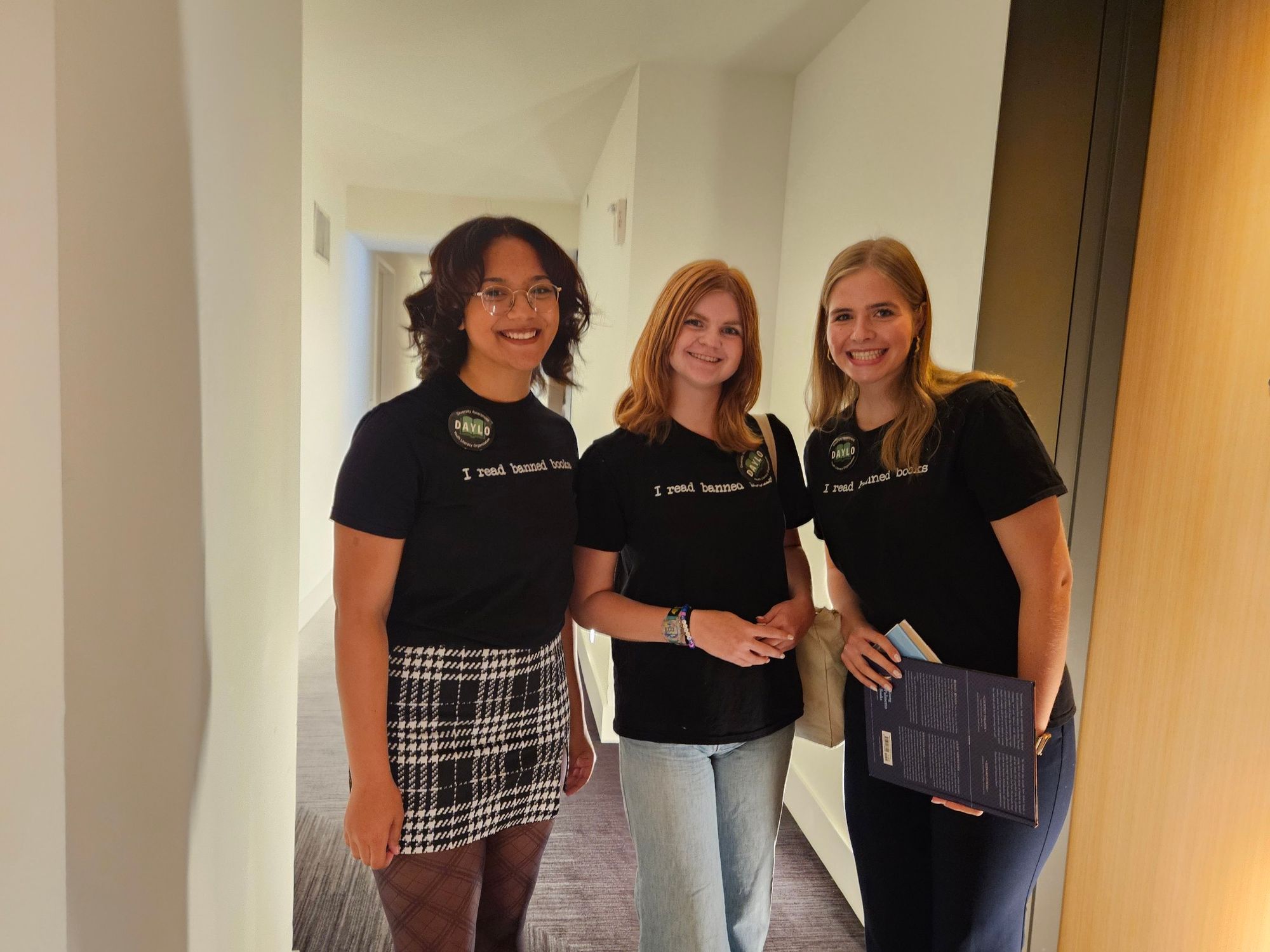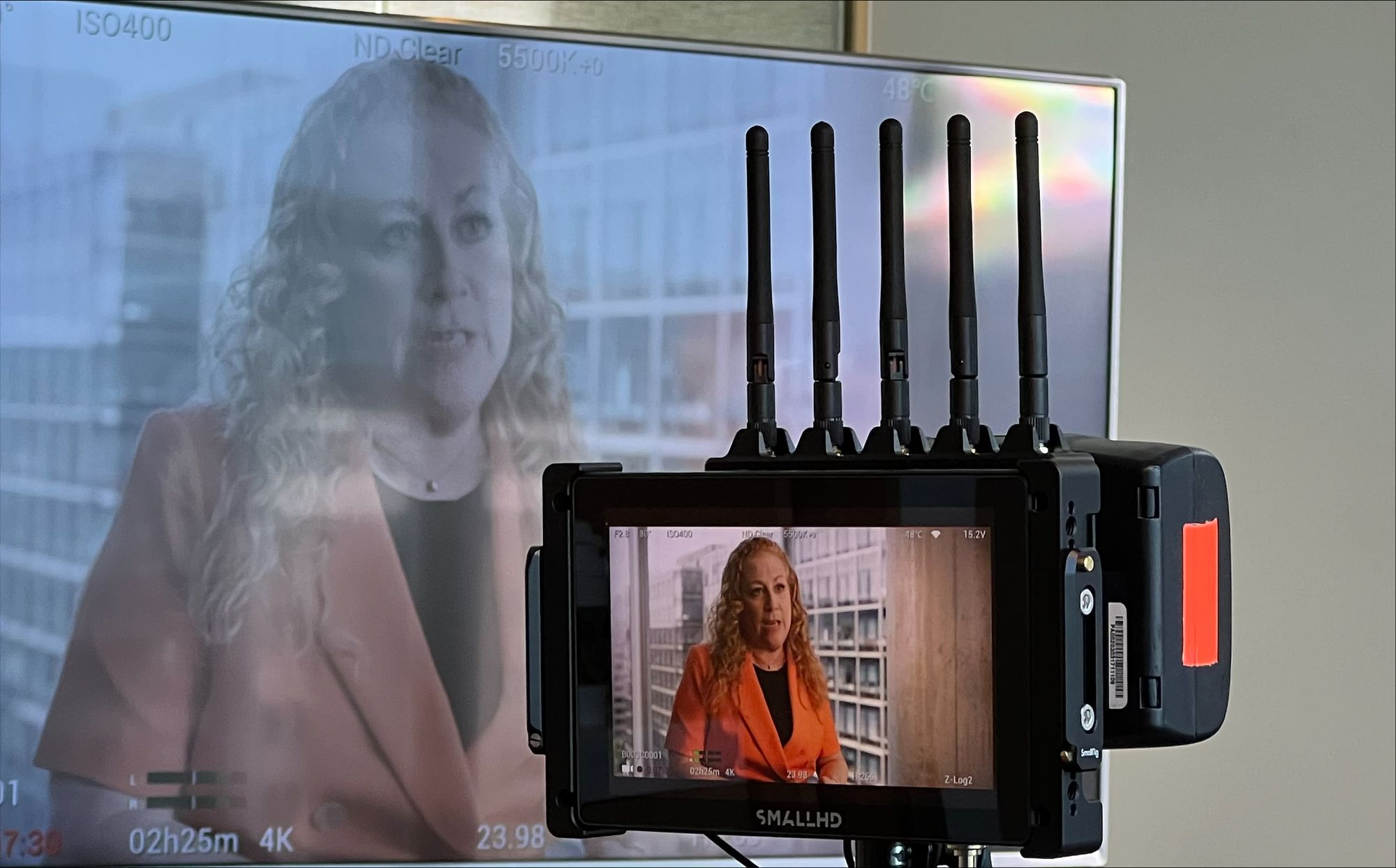
First, some history.
Ninety years ago, beginning in May 1933, as the U.S. Holocaust Memorial Museum describes it:
Nazi-dominated student groups carried out public burnings of books they claimed were “un-German.” The book burnings took place in 34 university towns and cities. Works of prominent Jewish, liberal, and leftist writers ended up in the bonfires. The book burnings stood as a powerful symbol of Nazi intolerance and censorship.
This week in Forward.com, Irene Katz Connelly described how the 1933 book burnings destroyed the life's work of a gay Jewish doctor named Magnus Hirschfeld who performed the first gender-affirming surgeries and collected research on sexuality. She also drew a direct connection between the tactics of the 1930s and the extremist puppeteers attempting similar tactics of erasure as part of today's U.S. culture wars:
Today, the United States is experiencing a moral panic about transgender rights, with attempts in many states to ban gender-affirming care and public expressions of queerness. Meanwhile, book bans are proliferating across American school districts, with activist parents agitating to remove books about marginalized groups and the United States’ long history of racism. Suzanne Nossel, the CEO of the free expression organization PEN America, described the book bans as a “relentless crusade to constrict children’s freedom to read.”
Of course, today's book banners are in a deeply unpopular minority. But then again, "when the Nazi movement first began in the early 1920s, it was small, ineffective, and marginal."
The forces of fascism in today's America are already dominating the hate-and-anger-driven Republican Party—and their vicious political operatives are spreading Goebbels-level propaganda at internet speed across social media in an effort to inflame any parents nutty enough to cause havoc at school board meetings.
But fighting back is possible. And "a small group of high school students in a quaint South Carolina coastal town" are proving it.
These students-turned-activists will be the stars of 97, an upcoming feature documentary that follows them during their final year of high school as they fight back against the small-minded adults in the community who used the threat of legal proceedings to force the removal of 97 books from Beaufort County school libraries.
To find out more, I conducted an email Q&A with the team behind the upcoming feature documentary.
Q&A with the producers of 97:
What attracted you to the topic of book banning in general and this story in particular?
We’d been observing with concern the tactics of politicians in Florida and Texas regarding the impingement of intellectual freedom in schools. Then we saw an article in our local newspaper about students in Beaufort SC, which is an hour or so from where we live in Charleston, who were opposing the banning of 97 books from their school libraries. It immediately inspired us to look into it further as a potential film project. When we did, we saw a wonderful human story that was directly connected to the larger national story. So we decided we needed to tell both. It turned out that a filmmaker from Massachusetts had already begun filming the local story for a short documentary she was doing. We asked her if she wanted to collaborate in connecting the local and national stories in a feature documentary and she agreed. So here we all are in the middle of production for “97.”
Is it correct that most of the 97 books were challenged on the basis of "pornography"? Do the books in question meet that definition?
First, we want to clarify that the books were banned, not challenged. Even though there was a challenge protocol in place for parents, this protocol was blatantly disregarded by a small minority of parents. What they wound up doing instead, to answer your question, was threaten to file criminal charges against the school board for disseminating pornography. Under this threat, the superintendent of schools, on legal advice, decided to immediately pull the books from school library shelves, before they could be reviewed. To your second question: no, they do not. The Merriam-Webster dictionary definition of pornography is "the depiction of erotic behavior (as in pictures or writing) intended to cause sexual excitement." Any of these banned books that may depict sexual situations or employ graphic language do so with a story telling purpose that has literary, intellectual and emotional value far beyond the intent to cause “sexual excitement.”
Your film focuses on the students who fought back. What inspires you most about them?
Several things. Prior to their involvement as activists, they were committed to using literature to expand their understanding of people who were not exactly like them. In the wake of the George Floyd killing, a white female student thought it would be important to bring people together using literature. With the help of a mentor at the Pat Conroy Literary Center, she created DAYLO, (Diversity Awareness Youth Literary Organization). DAYLO’s mission was twofold: to promote literacy, and also promote cross-cultural understanding and empathy through the reading of an array of books written by authors of color and who identify as LBGTQIA+. The three young women we feature in the film joined DAYLO and used that platform to fight back against the book bannings. They embody the positive future of this country: they carry on their lives as high achieving students, supportive family members and good friends, all while committing a massive amount of time and energy to speaking out against injustice wherever they can: at school board meetings, at the Statehouse, and in Washington DC. And they do so with a demeanor and message that is respectful, well-spoken and cogent, often in stark contrast to the parents who oppose their efforts. How they stand up for what they believe in has been inspiring to watch, just as we hope it will be inspiring to every person who sees this film.

Who else can we expect to see in the film?
Where to start? Certainly best-selling authors whose books have been banned such as Jodi Picoult, Ellen Hopkins, Erika Sanchez and Juno Dawson; other major literary voices like Neil Gaiman; other student groups who have engaged in this fight in other states; National politicians like U.S. Representatives Jamie Raskin and we’re reaching out to others such as James Clyburn and Nancy Mace; constitutional scholars; librarians who are in the cross hairs of this fight; leaders of large organizations like PEN America, the American Library Association, EveryLibrary and the ACLU; celebrities who support intellectual freedom; and, yes, we expect to meet with representatives of Moms for Liberty.
What have you learned about the organized nature of the national book-banning movement? What have you observed about the tactics groups like Moms for Liberty use?
Well, not surprisingly, it’s an issue created by political entities that use less informed people as foot soldiers to forge political power. It’s easy to radicalize a smaller group of people around fear and hate in order to create a political “base” that will be your proxy on a local level. That’s what’s happening here. There is no assault on ‘parental rights’; any parent that doesn’t want their child to read these books can send a note to the principal of a school and to the school librarian forbidding their child to check out the book, and that request will be honored and enforced. It’s about politicians creating catastrophic paradigms (“these books make kids gay!”) to scare people into making sure the next generation doesn’t think differently than the current one because that may, in the future, imperil the votes they need to stay in power. The problem is, restricting access to ideas does create a catastrophic paradigm that we have seen come to fruition at other points in world history. The tactics in the M4L playbook are effective: infiltrate school boards with like-minded people who, we want to remind everyone, are a small minority; act outraged; scream “pornography” but then read out loud salacious excerpts from the books they deem objectionable; these passages, by the way are often culled from a website (Bookslooks) that highlights certain passages so that these protesters never have to actually read the book, but can just say the swear words in public; and, finally, threaten legal action. What M4L doesn’t want you to attribute to them are two other tactics designed to intimidate: social media bullying of individuals by their members and the FOIA requests on communications of people they oppose. But these, too, are essential components of their playbook.
Is the focus on books as dangerous objects an attempt to distract parents (especially moms) from bigger issues such as gun violence and women's healthcare?
It's possible, but it seems a lot of these folks actually believe that books are more dangerous than anything, including guns. As Jodi Picoult said, “if you want to ban a book about a school shooting, but don’t want to ban guns that cause school shootings, you need to recheck your priorities. My book never killed a kid.” But this basic idea that a book can be a dangerous object is one of the subjects we want to explore with representatives of Moms for Liberty when we interview them.
What advice do you have for other students and parents who want to challenge censorship—especially as related to Black authors, Black history and LGBTQ+ authors and content?
Gather a like-minded group and go to school board meetings and SPEAK UP. Book banners are in the minority, but they're highly mobilized and very loud. So make your voice heard. You have more power than you think. Also, if you're a student and you've had access to certain books taken away, the Brooklyn Public Library has a program called "Books Unbanned" where students can access, at no cost, books that have been banned in their school. Go to their website to sign up. Organize a banned book Read-In in your community. Be creative. Let the local media know what you're doing so they can cover it. That way others can find you if they want to join the effort. Contact your local chapter of the ACLU and ask what's happening in your specific locale. And above all, speak out about how book bans have affected you personally.
How can people support your film, financially or otherwise?
They can go to our website www.97documentary.com to watch a short teaser, read about the film, and if they choose, make a tax-deductible donation to help us cover our remaining production expenses. And we'd be grateful to anyone willing to help us get the word out on social media.
This is a blurb short enough for a Twitter post: “97 is an in-progress documentary film about fighting book bans. We support telling this story and urge you to make a tax-deductible donation to help with the ongoing costs of completing this important film. Visit www.97documentary.com to watch the teaser and get involved.”
Follow @97Documentary on: Twitter, Instagram, and Facebook.
Thanks for reading! Please feel free to share and comment. All content to Unprecedented is free—there's no paywall. So subscribe for $0 and never miss an issue. Or show your support with a paid subscription at a special reduced rate—20% off forever. Alternatively, support without a subscription by leaving a one-time tip.
Subscribe to Unprecedented
Subscribe to the newsletter and unlock access to member-only content.